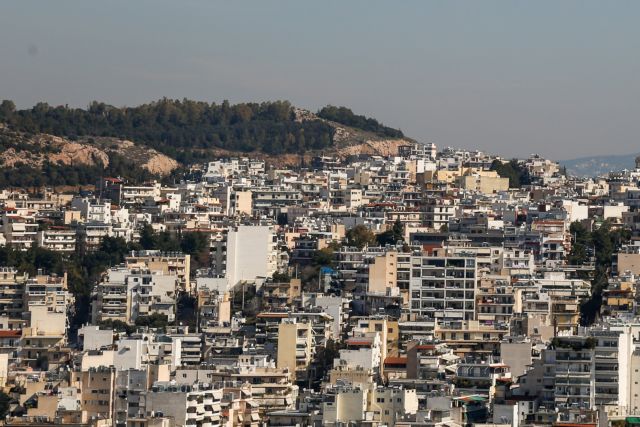Housing prices in Greece continue their upward trajectory in 2024, with the most significant increases, at 14%, recorded in the higher-end segment of the market, something, however, that also affects residences of lesser quality. This trend similarly impacts rental prices, making it difficult to find affordable housing in the major urban areas, at least.
According to the Bank of Greece (BoG) indices, average selling prices nationwide have increased by 66.4%, now just 4.1% below the peak recorded in 2008. This development reflects the strong demand for primarily residential investment properties, which cannot be met by the current supply.
A recent study by Piraeus Bank estimated that there is currently a shortage of 210,000 housing units. The bank’s economists believe this shortfall is the main reason for the price increase rate being 14% higher than what would be justified by macroeconomic conditions and income trends.
To balance the gap between supply and demand, the government is taking a two-pronged approach. On one hand, it aims to reduce transactions from foreign investors buying property for the Golden Visa by increasing the minimum required expenditure and banning their use for tourism purposes.
On the other hand, it has initiated actions to boost the housing stock by launching a subsidy program for the renovation of roughly 10,000 vacant apartments, which will then be made available for long-term rental.
Banking sources note that these are steps in the right direction but emphasize that they are not enough. They argue that the key to a faster normalization of the situation lies in the collateral of non-performing loans and their swift return to the market.
Currently, around 600,000 properties are tied to non-performing exposures, half of which are residential. They also highlight that the desired acceleration requires measures to be taken by the state.




